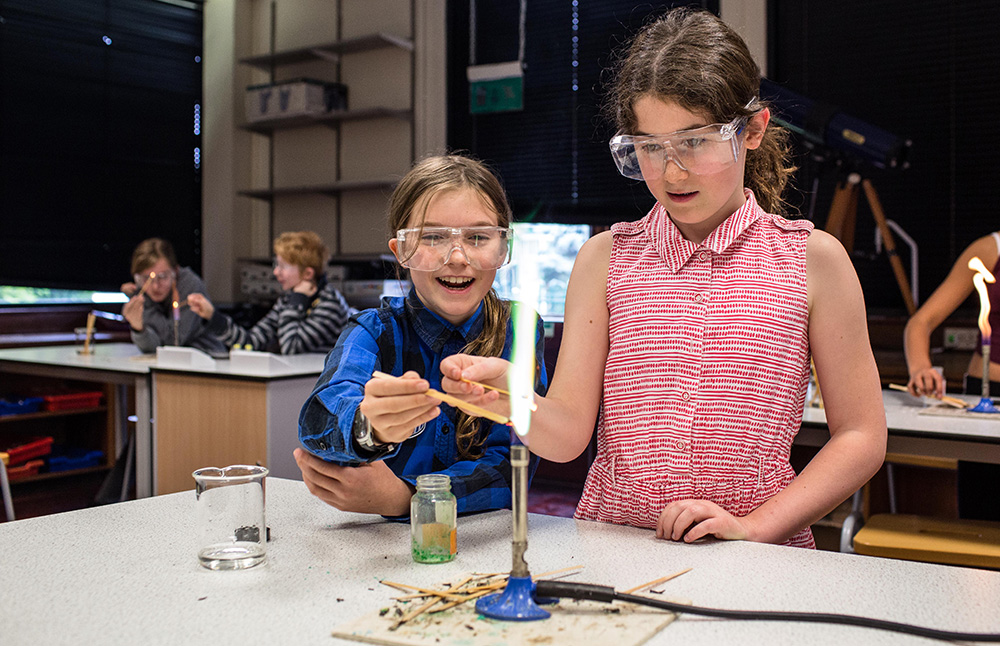Everyone struggles to knuckle down from time to time, but what lessons can we learn from schools? Richard Palmer, head of St Christopher School in Letchworth, shares his thoughts on maintaining concentration
Visitors to our school often remark on the calm and orderly, yet busy and focused feeling in our lessons and corridors, and ask how we ‘make the children behave in this way’. My answer is always that we don’t ‘make’ them – it is a result of putting into place the right ingredients to ensure children are relaxed, self-disciplined and successful.
Eating the right foods, daily exercise, sleeping well and managing stress effectively are all known methods to help improve concentration levels. So how do we promote these elements in school and what more can we do to ensure students come to lessons in the optimum frame of mind to learn?
Being able to relax and manage stress is a genuine priority for everyone – teachers and students alike – in order for them to bring their best selves to school each day. It’s particularly difficult to keep this in mind during busy and stressful periods such as when exams are looming.
During these times, rather than cutting down on extracurricular activities to make more time for cramming, we find that keeping a focus on activities such as sport, exercise, music, art and design mean that students actually perform better. Whether our students take part in swimming, yoga and dance or rock climbing, archery and water polo, it’s finding something that gets them moving and focused positively that makes the difference.
For our junior school and early years children we prioritise outdoor play and activities and all enjoy weekly Forest School sessions – building bases, using the mud kitchen and learning outdoor skills. The fresh air and sense of purpose mean that they come inside and settle more quickly and effectively to reading, writing, maths and topic work.
“Something that gets students focused positively makes a difference”
For lunch, students enjoy fresh, healthy food and our kitchen makes 18 different salads each day. We have found that snacks of nuts and raisins, rather than sweet treats like chocolate, help provide slow-release energy rather than a sugar high (and resulting crash) in the afternoon.
The popularity of mindfulness as a practice highlights an increasing awareness that we all need to eke out periods of calm in our busy lives. We build moments of quiet reflection into each day at St Chris – at our Morning Talks, at the start of each lesson and at the end of lunch – to give students a chance to pause, think and, most importantly, breathe!
This trend towards taking time to reflect, and others such as choosing what to wear to work or school and reducing barriers and hierarchy between staff and management (or in our case staff and students), were all quite new practices when we started in 1915, but are now commonplace in modern and forward- thinking organisations.
It is perhaps still surprising to some to find these things in a school but we have found that the benefits of a more informal approach apply to all ages. If ties and blazers led to increased concentration and success for everyone who wore them, I’m sure the offices of Google and Apple
would all look slightly different on a Monday morning!
Above all, we’ve found that the key to promoting concentration most effectively can be found in our core principle of treating students as individuals. Feeling valued, respected and listened to is surely what makes us all calmer, happier and more purposeful individuals, and is something we hold dear.
To find out more about St Christopher School go along to an Open Day on Saturday 6 May.

